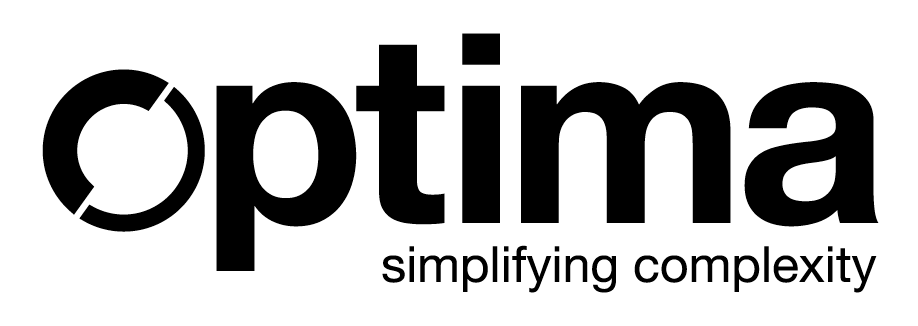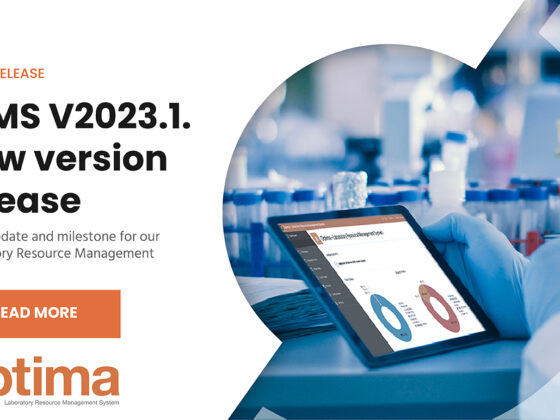Over the last decade, companies have identified digital transformation as a top priority to gain and maintain competitive advantage. So, they have begun to join the wave of the 4th industrial revolution at varying speeds. But it is the pandemic that has accelerated the pace of digitalisation, as its value became truly tangible to top management within a few months.
Successful digital transformation requires a focus on both the technology and the people who will be affected by the initiative. Applying effective change management principles will guide staff through the change process and enable them to embrace and utilise the technologies in their daily work.
Change takes place in companies every day. New projects and initiatives aim to improve performance, increase profits, and build the company’s competitive advantage.
Whether you are introducing technology that enables fluid data flow between instruments and laboratory data management systems, redesigning a process to ensure regulatory compliance, or undertaking an enterprise-wide implementation. In all these changes, people are the common denominator to achieve the desired results.
Change management is a discipline that has matured through the experiences of the pioneers. For change to be successful, people must be prepared, equipped, and supported to successfully accept the changes. Without acceptance, the changes will not be successful and will not produce the desired results.
When facilitating the use of software facilitates change management
Software vendors also have a responsibility and a commercial advantage in providing tools that facilitate the adoption of their solution. Optima Laboratory Resources Management System‘s customer base is expanding to countries whose native language is not English. Therefore, the request to include native languages to improve the acceptance of the system by international end-users was taken very seriously by Optima’s management and development teams.
How Oracle APEX facilitates multilanguage capability
In application development, multilanguage translation is always a tedious job to accomplish. But when it comes to Oracle Application Express is just like couple of steps. Thanks to Oracle APEX from which Optima was developed, implementing multilingualism was made easy. Moreover, a single Oracle database instance and Oracle APEX can support multiple database sessions customised to support different languages.
There is much more to consider when deploying an application in different languages, such as date and number formats or languages that print from right to left. So, we had to take this into account in our data model and application code.
Oracle APEX treats translations as a copy of the main application. This means that APEX internally creates exact copies of the main application in the dictionary tables of APEX for each language supported by the application.
All code changes are made in the main application, which is then rolled out to the translated shadow applications. Whenever code changes are rolled out, they are also applied to each published translation.
Optima now enables multilingualism of its solution and offers end users the possibility to select their preferred version when logging in.
An important step ahead, that winks at customer -or, better, user- satisfaction, that can help facilitate change and make the transition easier for any organisation.





